Born the son of poor cotton farmers in rural Arkansas, “singer” might not have been the most reasonable (or feasible) career path for Johnny Cash. But after listening to an old hobo tune from the late 1920s, the young boy knew he wanted to leave the fields of his home state and venture into the shiny, exciting, competitive world of the music industry.
Videos by American Songwriter
When we say “young,” we’re talking around three years old.
Johnny Cash Knew He Wanted To Be a Singer as a Toddler
Not every toddler gets to grow up and live out their dream job, whether for practical reasons or the fact that the job doesn’t exist (read: unicorn), but Johnny Cash was one of the lucky few who did. In a 1994 interview with Guitar Player, the Man in Black cited the tune “Hobo Bill’s Last Ride” as the impetus for him wanting to become a musician. He heard it on the radio for the first time when he was three years old, and it changed everything.
“It was just an acoustic guitar and a singer,” Cash recalled. “I don’t remember if it was Jimmie Rodgers. I think it was somebody else a little later than Jimmie. But I memorized the song when I was three, and by the time I was four, I was singing that song for all the neighbors who would come over to the house. My mother would play it on her guitar, and I’d sing it. I knew then that’s what I wanted to do with my life.”
Cash said the simplicity of early country and gospel music appealed to him. “People like the Chuckwagon Gang, that inspired me. Those three or four people that would sing to just one guitar. I thought that was the greatest thing in the world. I knew at a very early age that you didn’t have to play guitar like Chet Atkins to get on the radio. That sounded good to me.”
A Brief Stint in Radio School Helped Develop His Unique Voice
Johnny Cash learned how to play the guitar when he was a young teenager, and from there, he never stopped playing music. He began seriously pursuing music as his full-time career after he got out of the U.S. Air Force. But rather than landing a record deal, he ended up at radio school. Cash enrolled in Keegan’s School of Broadcasting in Memphis because “I knew I was going to sing on the radio. But first I had to get on the radio,” Cash said.
“I went to broadcasting school five months, half-time. I studied everything that had to do with broadcasting and radio stations. Halfway through, I finally managed to get into Sun Records with my first recording, and I quit the school. I was doing what I wanted to do. I had a record out. It was being played on the radio. I was a radio singer.”
If his childhood in rural Arkansas was the experience that helped Cash find his voice, his time at the broadcasting school as a young adult undoubtedly shaped it into the deep, resonant baritone we know him for today. Even if Cash considered his radio training a means to an end, it’s easy to make a connection between Cash’s distinct voice and the vocal affectation many radio personalities of the 1950s used on-air.
Photo by Silver Screen Collection/Hulton Archive/Getty Images

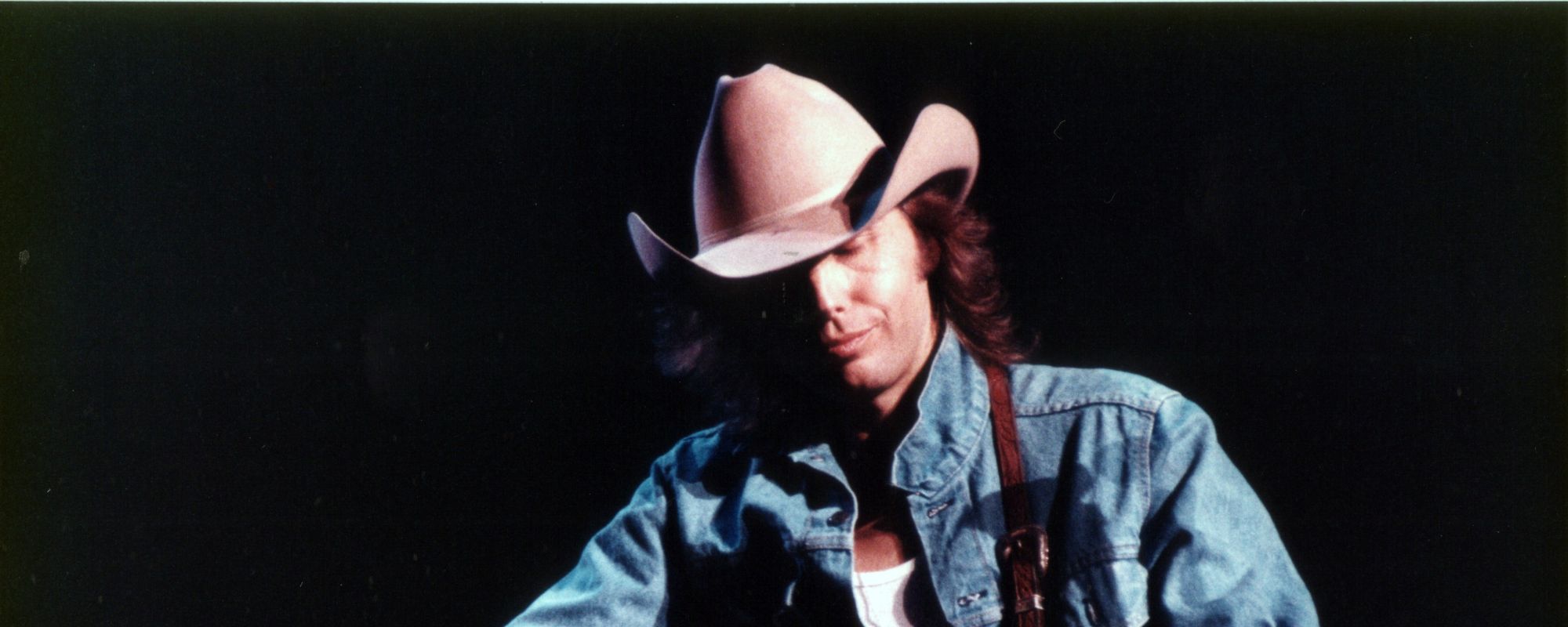
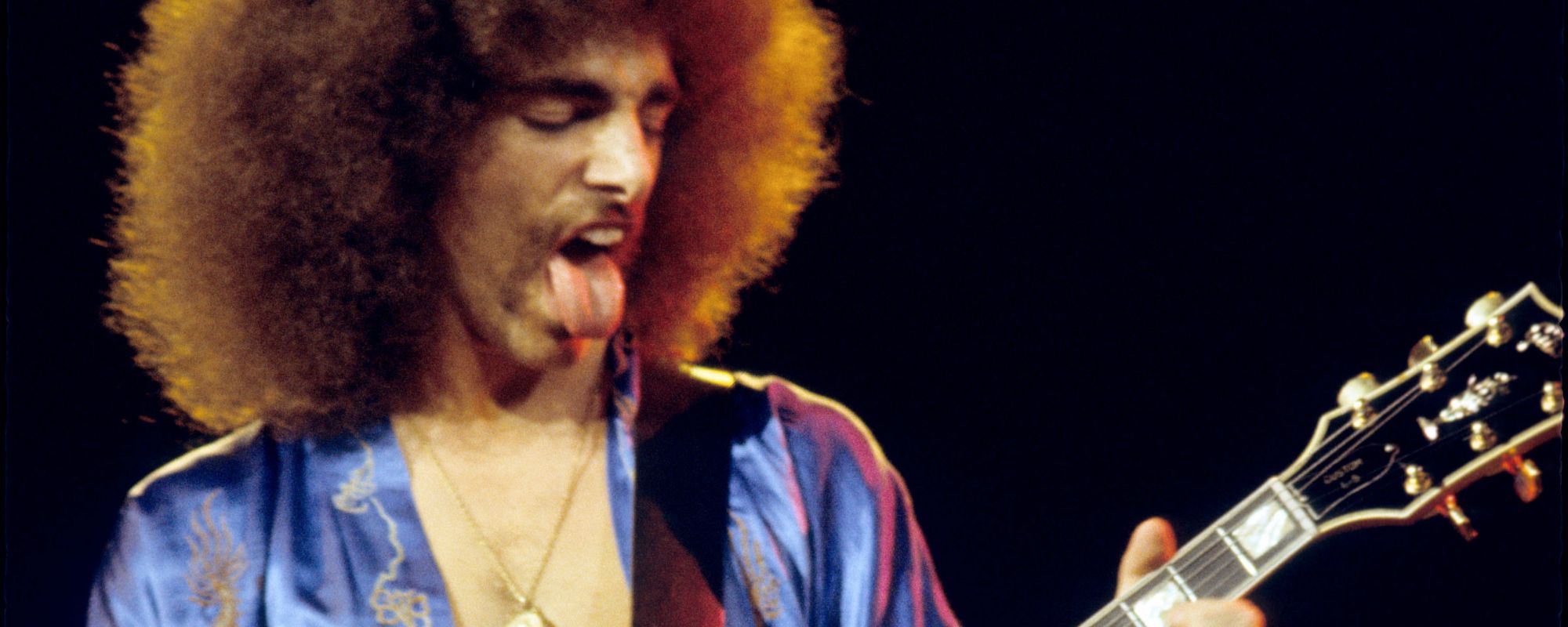
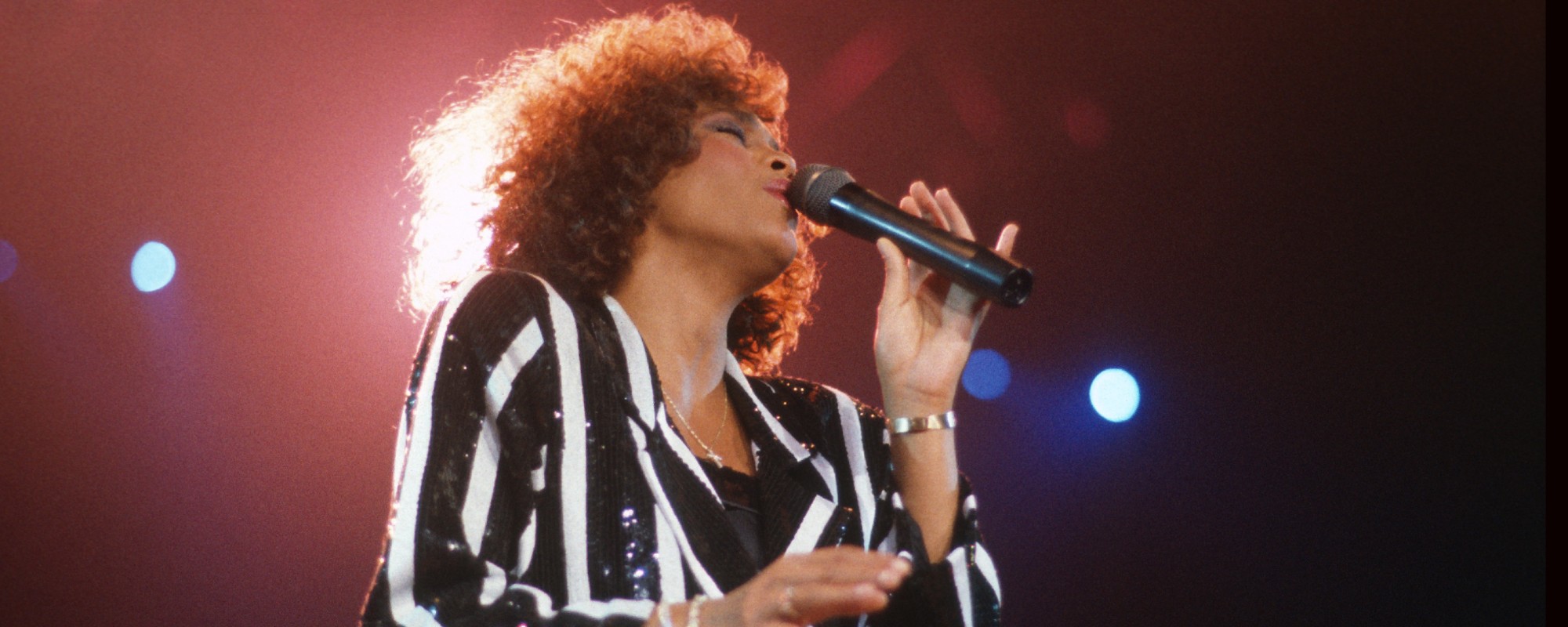
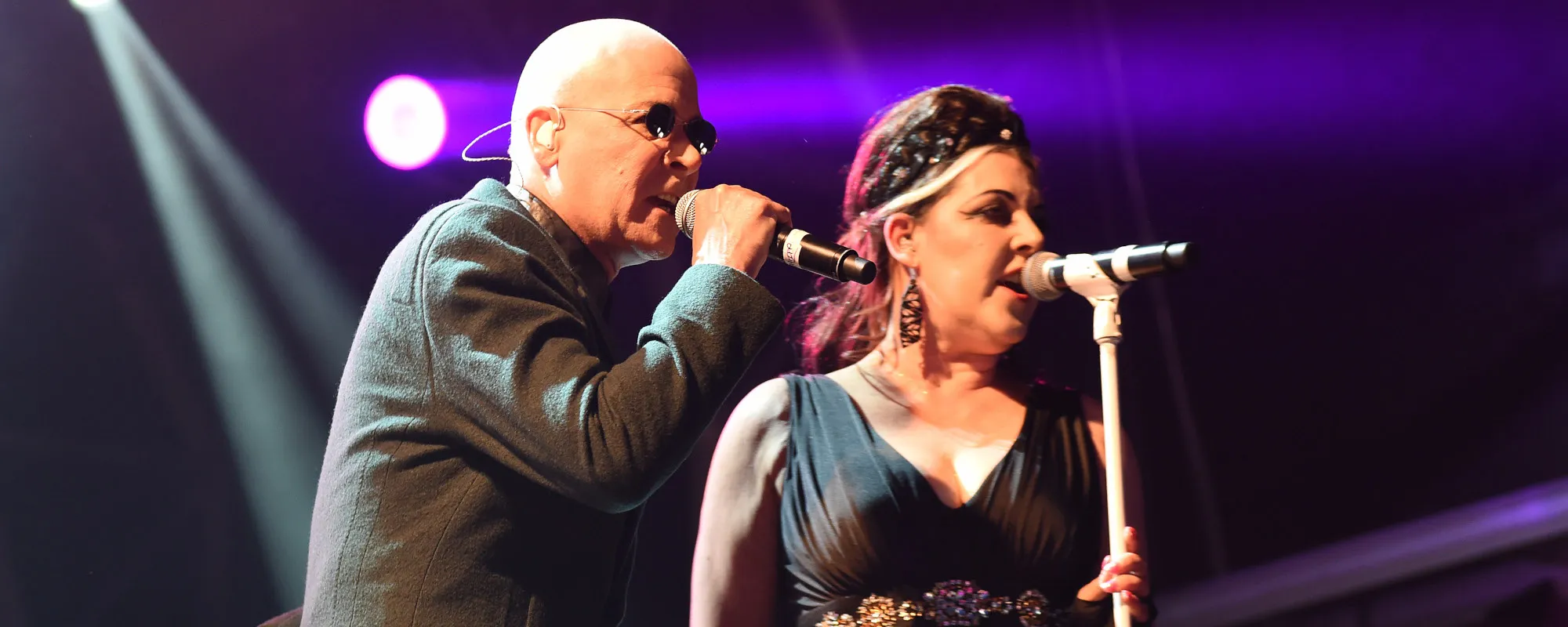
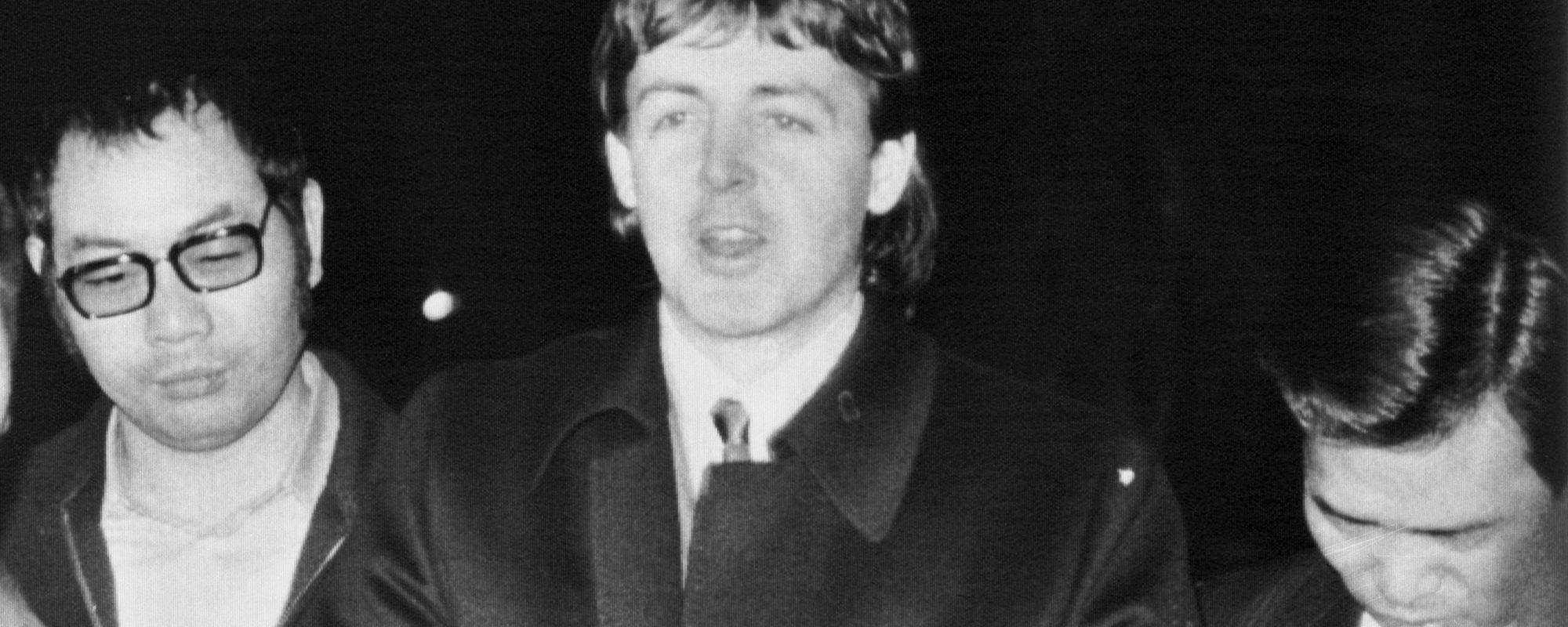
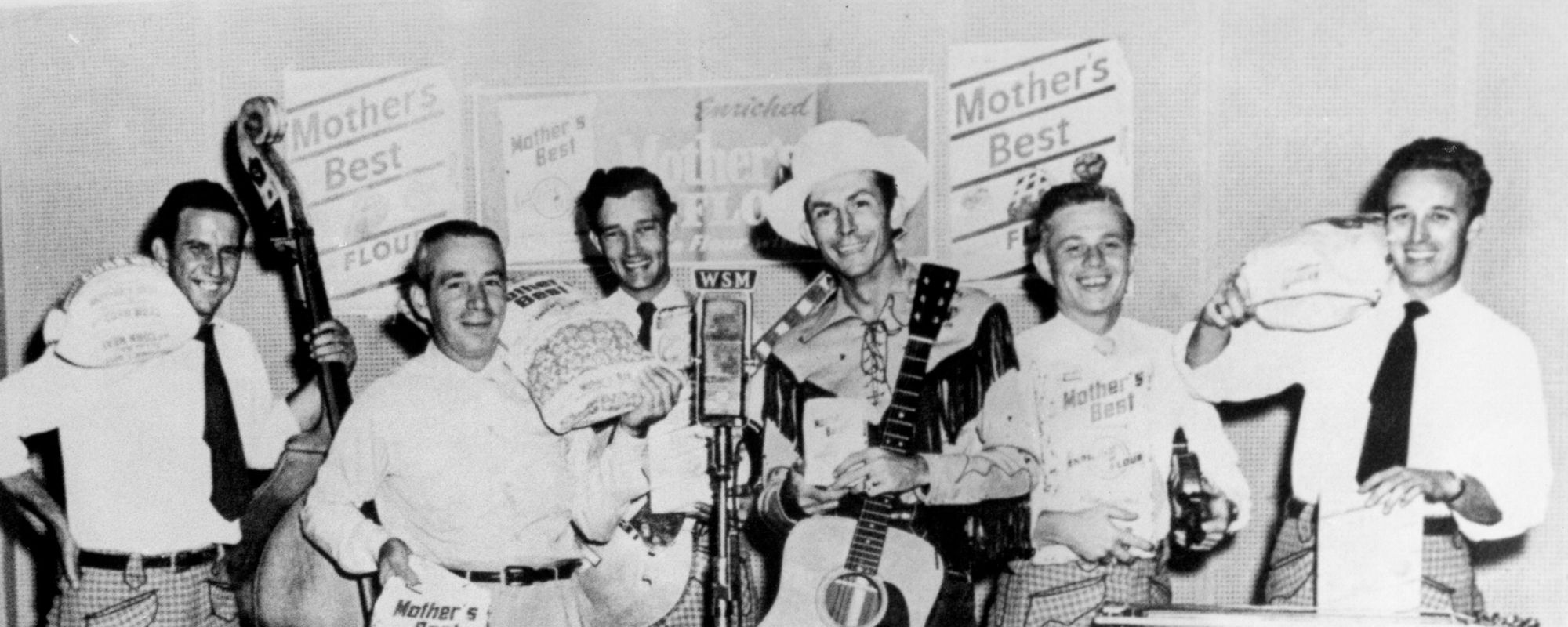

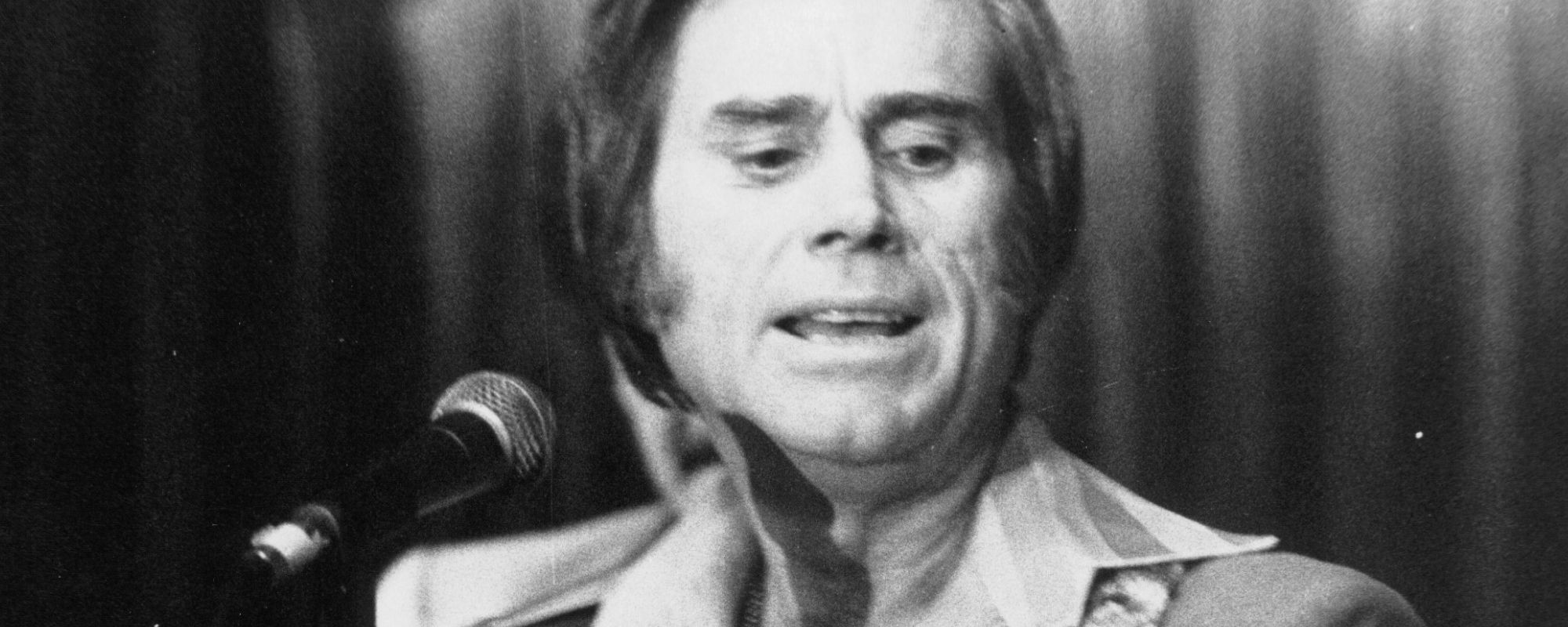
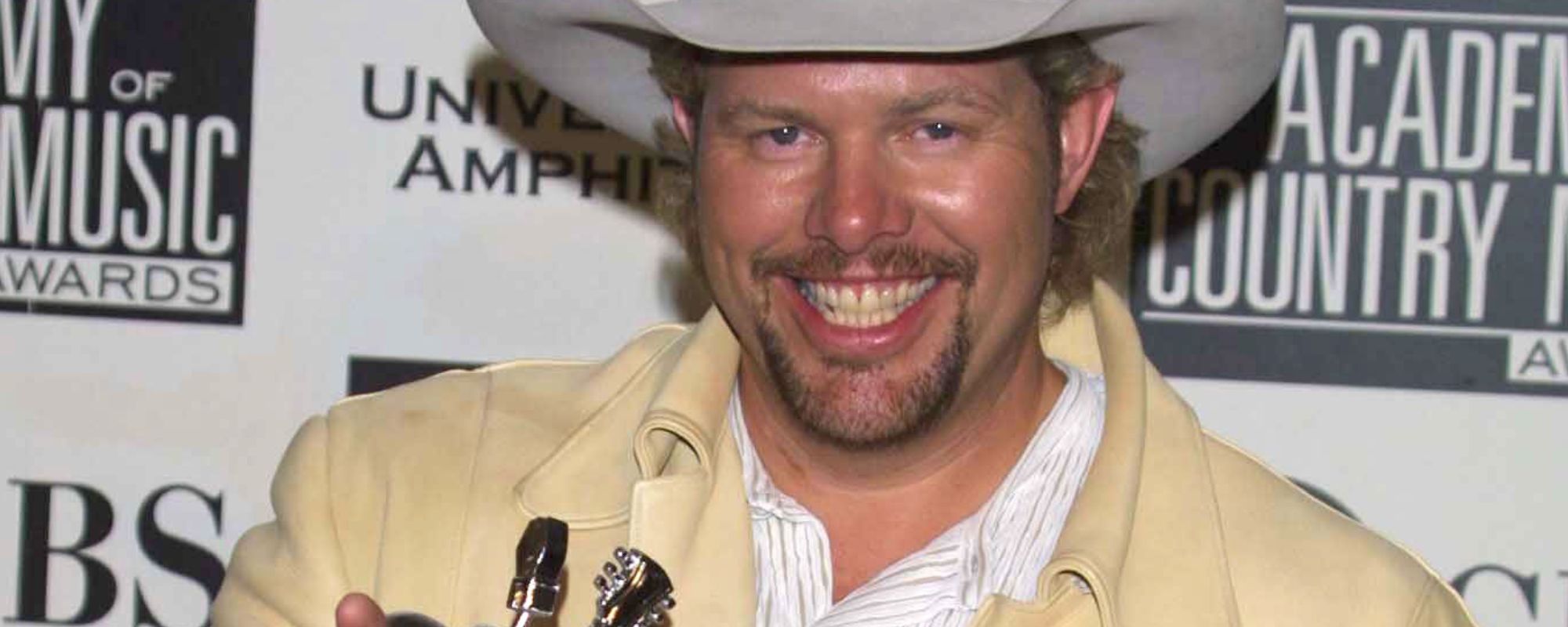
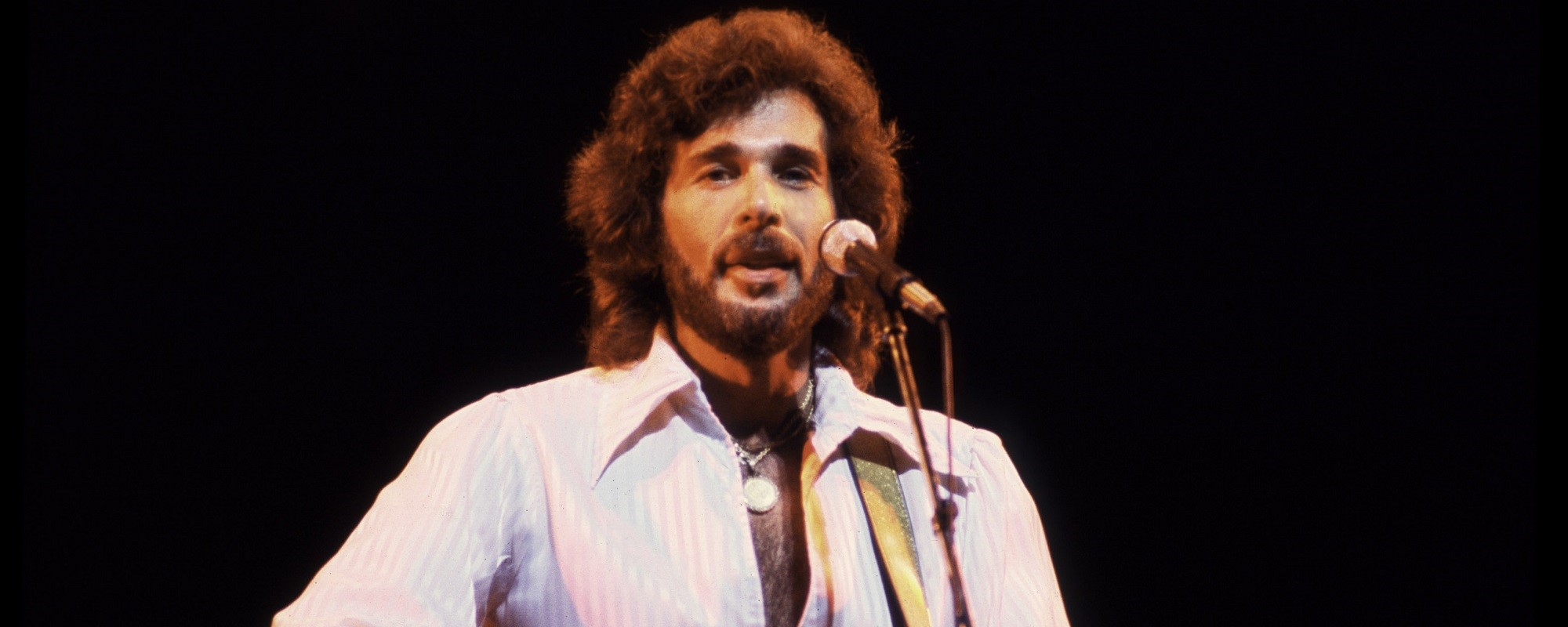
Leave a Reply
Only members can comment. Become a member. Already a member? Log in.